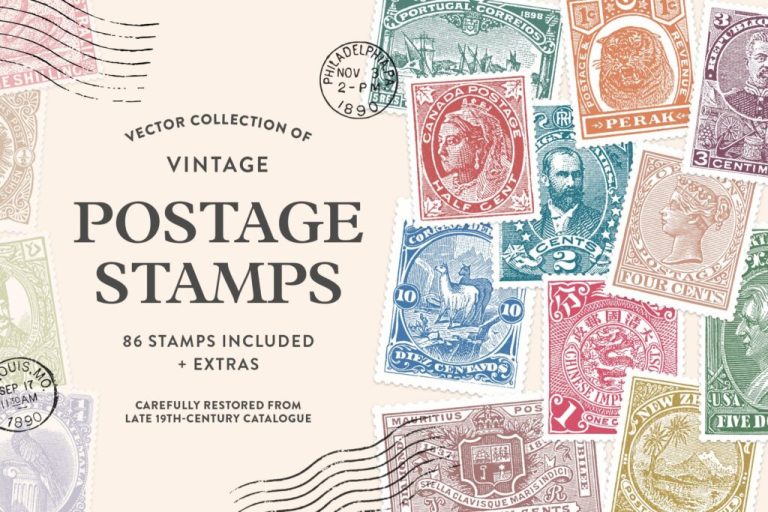
What are restricted stamps?
Restricted stamps, also known as “limited edition” or “special issue” stamps, refer to a specific category of postage stamps that are produced and issued by postal authorities for a limited time or in a limited quantity. These stamps are often designed to commemorate a particular event, person, or theme, and are highly sought after by collectors and philatelists.
The Main Characteristics Of Restricted Stamps
- Limited Availability: These stamps are typically issued in a small number of prints, making them scarce and valuable. The limited availability can be due to the production run being intentionally small or because the stamps were not sold well initially and were withdrawn from circulation.
- Commemorative Purpose: Restricted stamps are often created to celebrate a specific event, person, or theme. Examples include anniversaries, historical figures, cultural milestones, or natural phenomena. These stamps serve as a way to honor and preserve the memory of these events or subjects.
- Design and Artistry: Restricted stamps often feature unique and intricate designs, showcasing the artistic talents of the designers and engravers. The stamps may also incorporate advanced printing techniques or materials, further enhancing their collectibility.
- Collectibility: Due to their limited availability and commemorative nature, restricted stamps are highly sought after by collectors and philatelists. As a result, their value can increase over time, making them a popular investment option for stamp enthusiasts.
- Legal Tender: Like regular postage stamps, restricted stamps are legally valid for use in postal services. However, their limited availability and collectible nature often lead to their use being discouraged or restricted by postal authorities to preserve their value and collectibility.
ADVANTAGES OF RESTRICTED STAMPS
- Protection of Intellectual Property: Restricted stamps help protect the intellectual property rights of creators, inventors, and businesses by limiting the use of their work or products. This ensures that their creations are not misused, copied, or distributed without their consent.
- Quality Control: Restricted stamps can be used to maintain quality control in various industries, such as pharmaceuticals, food, and cosmetics. By restricting the use of stamps to authorized personnel, it becomes easier to monitor and maintain the quality of products throughout the supply chain.

Shipping Restriction Stamps
Definition:
Shipping restriction stamps are special markings or labels that indicate certain conditions or restrictions regarding the shipping of packages. They serve as a reminder that specific fees, duties, or legal requirements must be met before the package can be shipped.
Explanation:
1. Purpose:
– These stamps communicate important information about the package, including the need for additional payments or compliance with regulations before shipping.
– They help ensure that all necessary charges are paid, preventing delays or legal issues during the shipping process.
2. Application:
– Mandatory Payments: The stamp may specify that all applicable shipping fees, customs duties, and taxes must be paid before the package can be sent.
– Compliance with Regulations: It may also indicate that the contents of the package must comply with specific shipping regulations (e.g., hazardous materials, restricted items).
3. Consequences of Non-Compliance:
– Packages without the proper stamps may be held by postal or shipping authorities until all required payments are made.
– Non-compliance could lead to fines, return of the package, or even legal action depending on the nature of the shipment.
4. Types of Stamps:
– Revenue Stamps: These are affixed to indicate that necessary taxes or fees have been paid.
– Customs Stamps: Used for international shipments to show that customs duties have been accounted for.
5. Examples of Usage:
– A package containing high-value goods may require a stamp indicating that insurance fees have been paid.
– Dangerous goods shipments may require a specific stamp to confirm that all regulatory fees and safety protocols have been adhered to.
Summary
In summary, shipping restriction stamps play a crucial role in ensuring that all necessary payments and regulatory requirements are met before sending packages. They help prevent issues during transit and protect both the sender and the shipping provider from potential legal complications. Always ensure that any required stamps are affixed to packages to ensure a smooth shipping experience.

